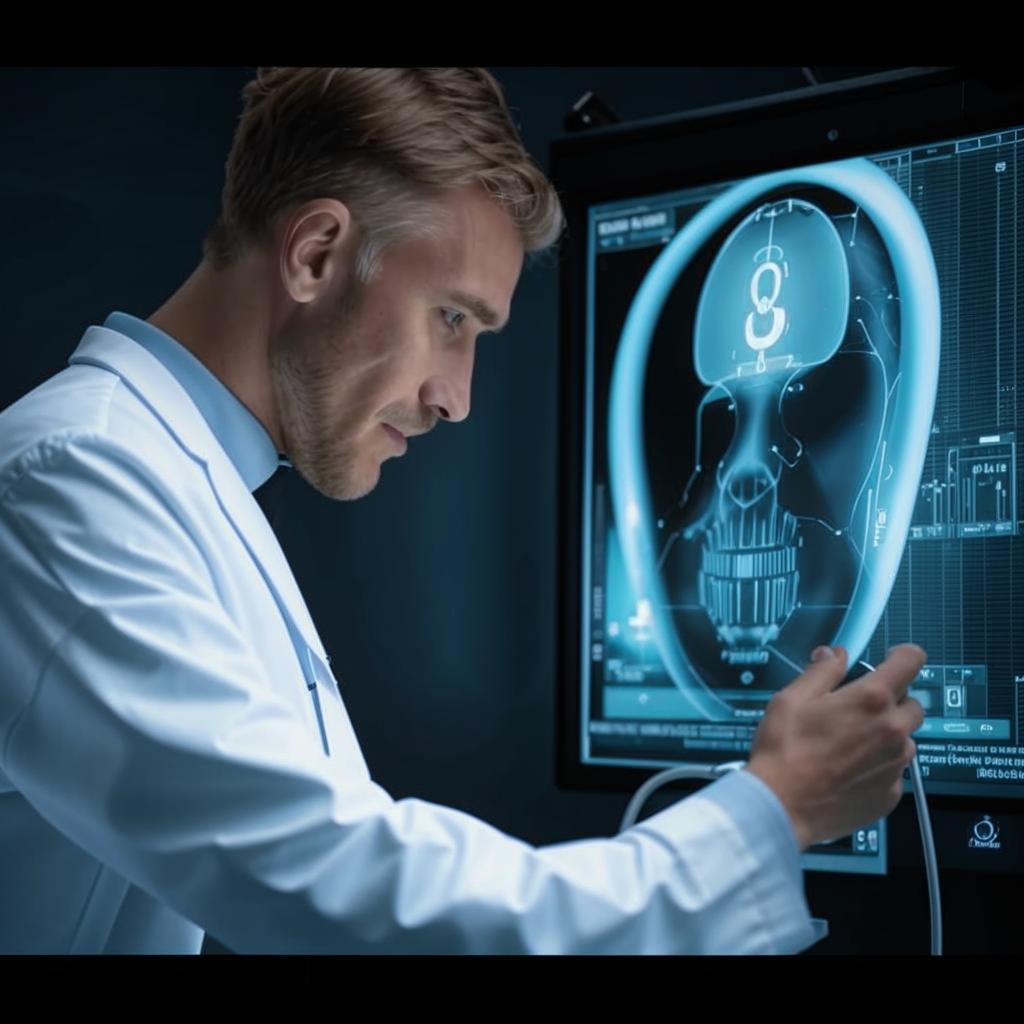Artificial intelligence is rapidly reshaping healthcare, offering personalized treatment plans and improved patient care. AI algorithms analyze vast datasets, including genetic information and medical history, to tailor therapies to individual needs. In cancer treatment, AI helps identify the most effective drugs, predict patient responses, and guide surgical procedures with greater precision.
Beyond oncology, AI is enhancing diagnostics by analyzing medical images with greater accuracy, leading to earlier detection of diseases. It also streamlines administrative tasks, freeing up healthcare professionals to focus on patient interaction. Chatbots powered by AI provide patients with 24/7 access to information and support, improving accessibility and convenience.
Despite its potential, challenges remain. Data privacy and security are paramount, requiring robust safeguards to protect sensitive patient information. Algorithmic bias, if left unchecked, could lead to disparities in care. Ensuring fairness and equity in AI-driven healthcare is crucial. Regulatory frameworks are also needed to guide the ethical development and deployment of AI technologies.
Experts emphasize that AI should augment, not replace, human expertise. The collaboration between clinicians and AI systems is essential for delivering optimal care. With careful planning and responsible implementation, AI promises to transform healthcare, leading to better outcomes and a more efficient, patient-centered system.Finishtit














